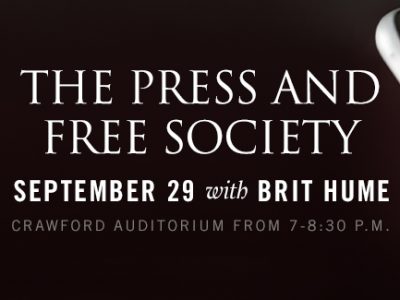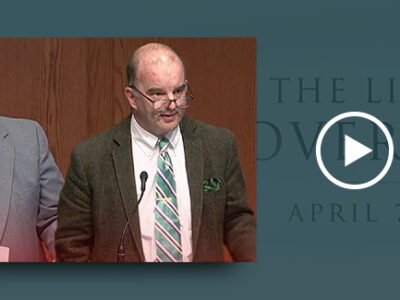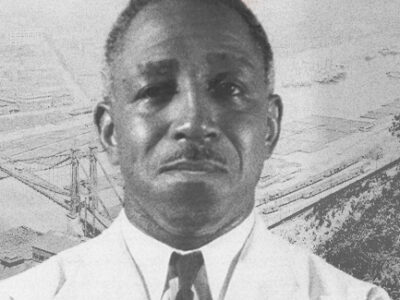Imagine the current members of the White House press corps being transported back in time to the presidency of George Washington. If they were to train their journalistic guns on the “father of our country,” instead of our own George Bush, how would the first George fare?
That initial press conference would undoubtedly be a barrage of questions about that “quagmire” of a war he had gotten us into—the American Revolution.
After all, it dragged on for nearly eight years and cost many American lives—approximately 4500 killed plus many others dead from non-combat causes. Why, the losses were six to seven times those of the War in Iraq!
The questioning would continue. Were King George III and the English parliament really a threat to our well-being? Couldn’t we have worked things out by being willing to negotiate a peaceful solution? Does the President intend to appoint a bipartisan commission to determine if we had the best intelligence possible before we acted belligerently?
Moreover, wasn’t that “crossing the Delaware” an obvious publicity stunt, sort of like landing on the deck of an aircraft carrier, and cynically designed to get General Washington elected when elections were finally held?
Later, in his first term when he appointed a three person commission to name the new Federal capital city, picture the ridicule he would take when the commission unanimously chose the name “Washington.”
Maybe the atmosphere in subsequent press parleys would improve. But, that’s unlikely. There would be other thornier questions. His regular attendance at Anglican services plus his pronouncements about “religion and morality” being the “indispensable supports” for political prosperity would make the press speculate about whether he really appreciated the separation between church and state. These facts coupled with his public references to “that Almighty Being,” to God’s “providential aids” and to “the Great Author of every public and private good” would tend to show that he, Washington, was not remaining neutral on faith questions but was mixing his private convictions into public affairs. Certainly that “Circular to the States” with its transparent reference to the book of Micah: “…to do Justice…love mercy and…demean ourselves with that charity, humility and pacific temper of mind which were Characteristics of the Divine Author of our blessed religion…” would be viewed as pandering to the “Christian Right” of his day.
Inevitably they would attack his isolationist foreign policy of avoiding “permanent alliances.” The press would decry the reluctance of Washington to make America “part of the community of nations” and claim that “world public opinion” would hold us in the lowest of esteem and an example of “extreme unilateralism.” They would find it very hard to accept his foreign policy of American interests being placed first and foremost. And, when he explained that he favored “extending our commercial relations,” the pundits would turn that into crypto-economic imperialism similar to the English version from which we had just freed ourselves.
But, at the end of his second term, Washington returning to private life would signal the end of this little experiment in time. Thankfully, for newly elected President John Adams, the corps would be transported back to the future where they could resume their unwarranted attacks on another George.




